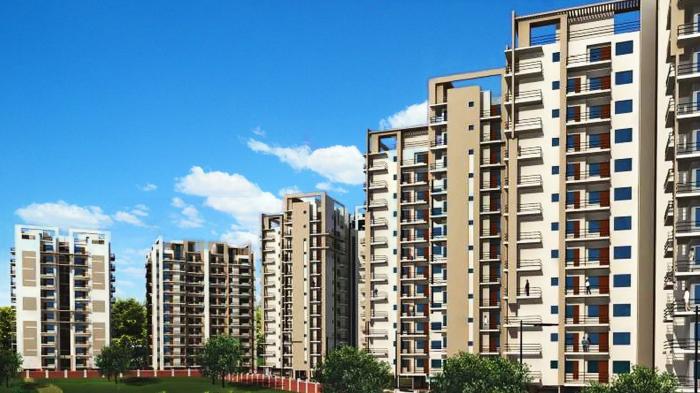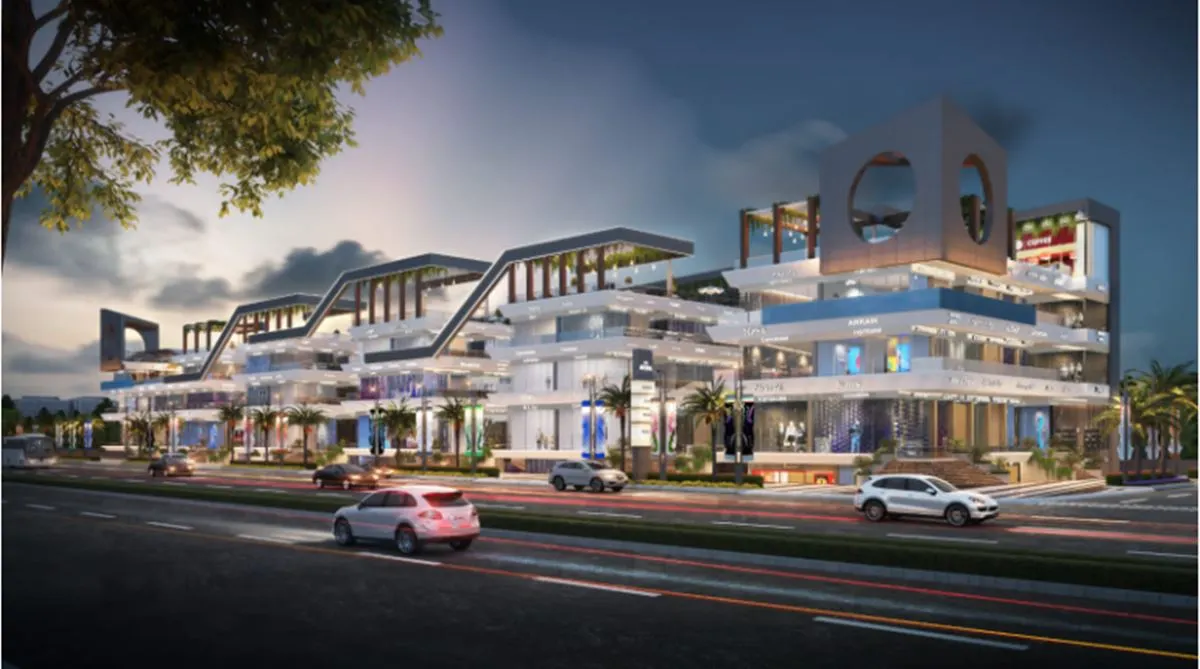Residential/ Commercial/ Institutional
Residential Project
Residential areas are typically designed to provide a safe and comfortable living environment for residents, with features such as parks, playgrounds, and community centers. The layout of residential areas may also be designed to promote walkability and reduce traffic congestion.
Residential real estate is an important part of the economy, with demand for housing influenced by factors such as population growth, employment opportunities, and interest rates.

Commercial Project
A commercial project typically refers to the construction, renovation, or expansion of buildings or facilities used for commercial purposes, such as office buildings, retail stores, shopping centers, hotels, and restaurants. The scope of a commercial project can vary widely, depending on the type and size of the building or facility being constructed.
Commercial projects may require the services of a range of professionals, including architects, engineers, contractors, and project managers.

Institutional Project
Institutional projects can vary in scope and complexity, ranging from small renovations to large-scale new construction. Some common features of institutional projects include specialized equipment and technology, high levels of security and safety, and compliance with regulatory and accreditation standards.
Institutional projects can have significant social and economic impacts, including improved access to education, healthcare, and public services, as well as job creation and economic development.

.png)
